The Ivy Scholars guide to Brown University’s culture, admissions, and other essential information for prospective students and their families.
Location: Providence, Rhode Island
Mascot: Bruno the Bear
Type: Research University
Population: 9,000 (7,000 undergrads)
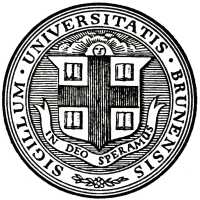
Brown University was founded in 1764 in Providence, Rhode Island and was the first college in the US to accept students regardless of religious affiliation. It’s New Curriculum does not have mandatory gen-ed requirements, making students the “architects of their own syllabus”. All classes are taken to a grade of completion, and failed classes are not put on transcripts, giving students broad leeway to experiment with the courses they take.
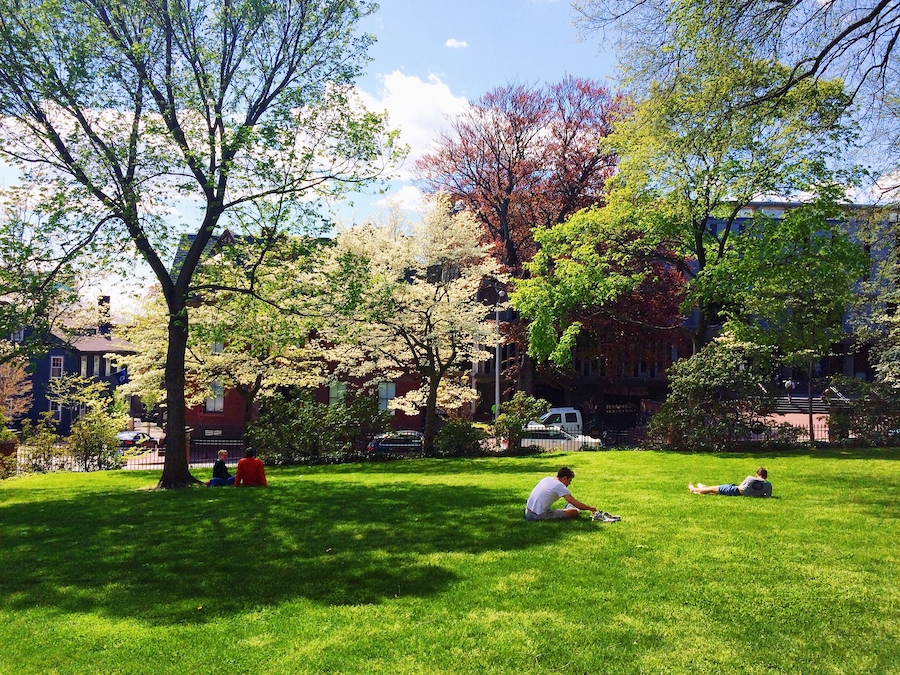
Year Founded: 1764
4 Year Graduation Rate: 83%
Gender Distribution: 54% female, 46% female
Acceptance Rate: 8%
Residency: 9% in state, 73% out of state, 18% international
Location Type: Urban
Schedule System: Semesters
Student/Faculty Ratio: 6:1
Average Class Size: 20
Demographics: 42% Caucasian, 24% other/unknown, 14% Asian, 11% Hispanic, 6% Black
Enter your information below and submit for access to the guide.
US News Rankings:
Independent Rankings:
Application Deadlines:
Notification Dates:
Acceptance Rates:
Average Applicant Pool: 38,700
Average Number of Applicants Accepted: 2,550
Average Number Enrolled: 1,700
Application Systems: Common App
Average GPA: 4.08 weighted
SAT Scores: 25th% – 1420, 75th% – 1550
ACT Scores: 25th% – 33, 75th% – 35
*Test mandatory. Writing section not accepted.
Demonstrated Interest: Brown University does not consider demonstrated interest.
Recommendation Letter Policies: Two letters of recommendation from teachers who taught major academic subjects sent through the common application. Up to four total letters of recommendation from teachers can be submitted.
Brown University Essay Prompts:
Special Notes:
Transfer:
Admissions Criteria:
The parts of the application they consider very important are: Course rigor, class rank, GPA, test scores, essays, recommendations, talnet, and character. Extracurriculars are considered important.
The parts of the application which are considered are: First generation status, legacy status, interviews, geographic origin, race/ethnicity and volunteering. None of these factors will be enough alone, but can increase overall chances of admission.
Recruited athletes do have an advantage in the admissions process, while they do need to be academically competitive, they have an advantage if they are actively recruited by coaches.
Brown does not consider demonstrated interest or ability to pay.
What is Brown Looking For?
The school takes a fully holistic approach to the admissions process, examining and weighing each candidate individually. They are looking for curious students who will make an impact, and are much more free-form and independent than the other Ivy League schools. Further, they want to see how each student will benefit and be benefitted by Brown. All applications are decided on by a vote from the admissions committee.
Every student is rated from 1-6 (6 highest) on two scales: academic and personal. While no students will be rejected by their first reader due to low scores in one area, they will likely not be discussed long in the committee if their readers are not confident in their ability to succeed at Brown.
Engineering applicants to Brown go to an additional read by Engineering faculty during the admissions process. Brown is actively trying to improve its engineering program, and is seeking highly qualified and motivated engineering students.
Brown has a progressive and free-flowing atmosphere, and they look for students who will specifically benefit from that. They want to see how students would add fresh perspectives or contribute to classroom discussions. Further, they want students who care about things, and who will take the initiative to act on their passions.
Brown has a longstanding commitment to diversity, and is actively working to recruit underserved and disadvantaged populations. They do not take ability to pay into account when making admissions decisions, and have programs which guarantee aid for families earning under a certain threshold.
Brown Strategy:
The best way to improve your chances of admission is to apply Early Decision, as the admissions rate there is far higher. While students must still be qualified, they are competing against a smaller pool, and their commitment to attend is also appealing. Brown’s yield rate is very high, and they want to maintain that; a high number of ED admits is a good way to do that.
Strong engineering applicants will have significant success applying to Brown, more so than similarly qualified applicants applying to a more tech-focused program, such as MIT. Engineering students who want to take an interdisciplinary approach are also sought after, as Brown is heavily focused on interdisciplinary approaches, due to their free-form curriculum.
For Brown’s essays, students should show their creativity and passions. The question about the open curriculum is a good place to explore interests you have outside your desired major, and how you may relate the two through interdisciplinary investigations. In all of the essays, students should display their character, and what they will contribute to the community at Brown.
Letters of recommendation are very important, and students should make sure their recommenders are able to say tangible things about how the student contributes to class and engages with their academic interests. Putting the student in perspective with others is also helpful.
Brown is well known for its unstructured and free-form curriculum, and this is why many of the students who apply choose to go to Brown. You should determine if this looser approach fits your needs and interests, or if you would thrive more in a more traditionally structured environment.
Schools:
Core Requirements:
Courses of Study:
AP Credit Policies:
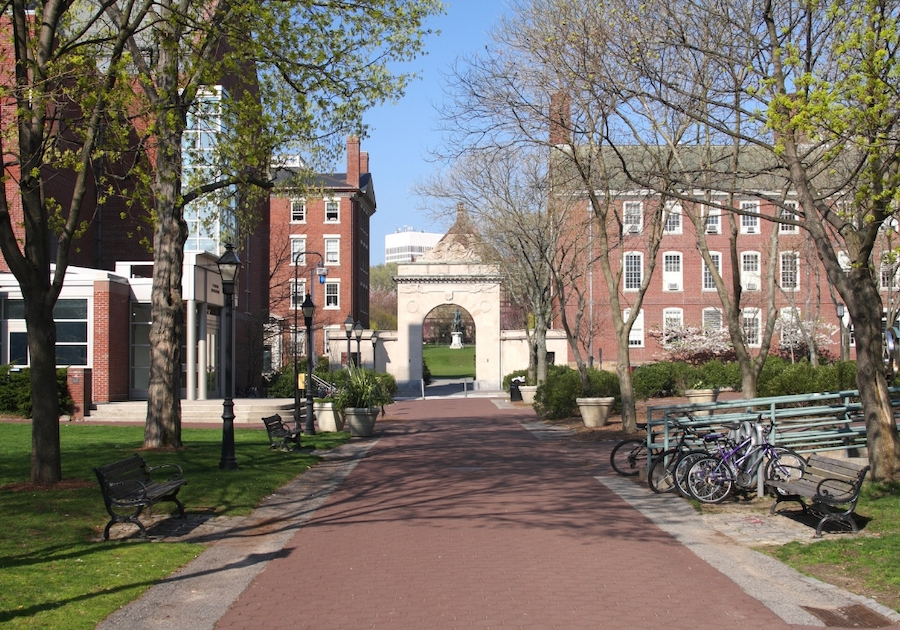
Honors Programs:
Research Availability:
Study Abroad:
Business Options:
Pre-Med Options:
Pre-Law Options:
Computer Science Options:
Additional Specialty Programs:
Programs for High Schoolers:
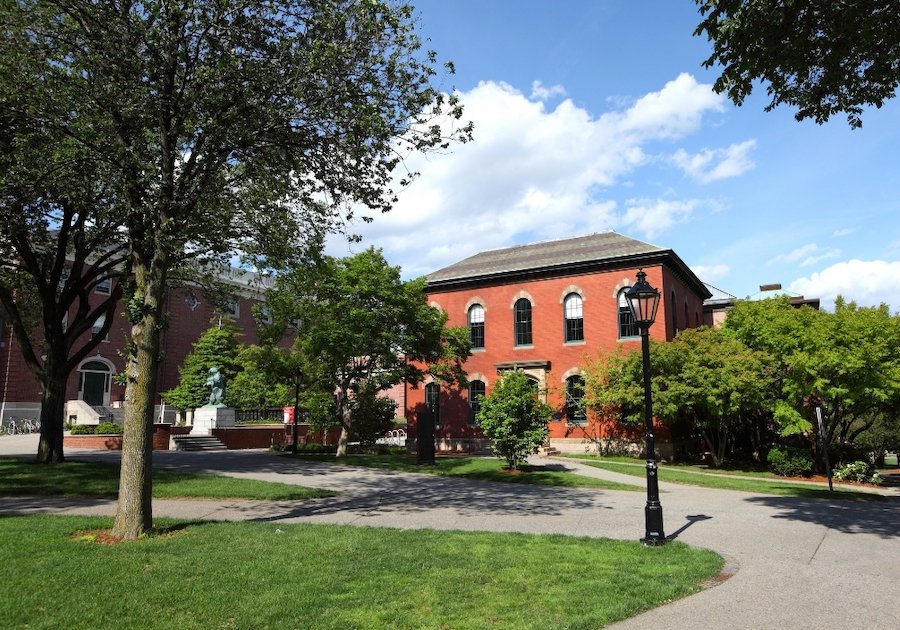
School Motto: In God We Hope
Mission and Values:
House System:
Housing Statistics:
Campus & Surrounding Area:
Not too big or too small, the campus is sandwiched between NY and Boston. A quick train or bus trip has you playing in two great cities.
Transportation:
Traditions:
Student-Run Organizations:
Sports:
Greek Life:
Nightlife:
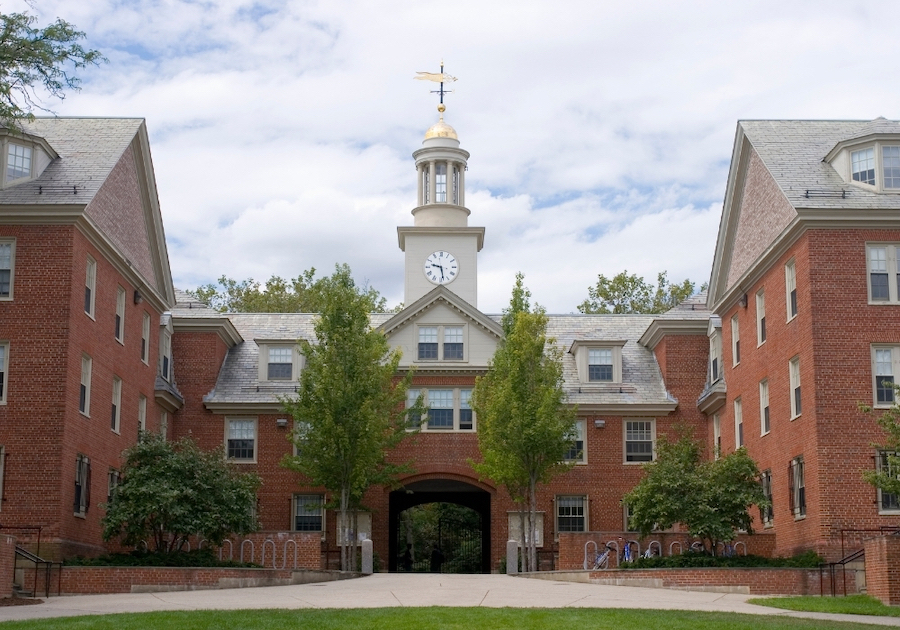
Yearly Cost of Attendance:
Financial Aid:
Scholarships:

Ivy Scholars is the leading educational consultant in Sugar Land, Texas, providing admissions coaching, test prep, and more to help students enroll at top tier schools.

Call us now: +1 (281) 215-5148
.
Get expert tips, admissions updates, and resources delivered straight to your inbox.


